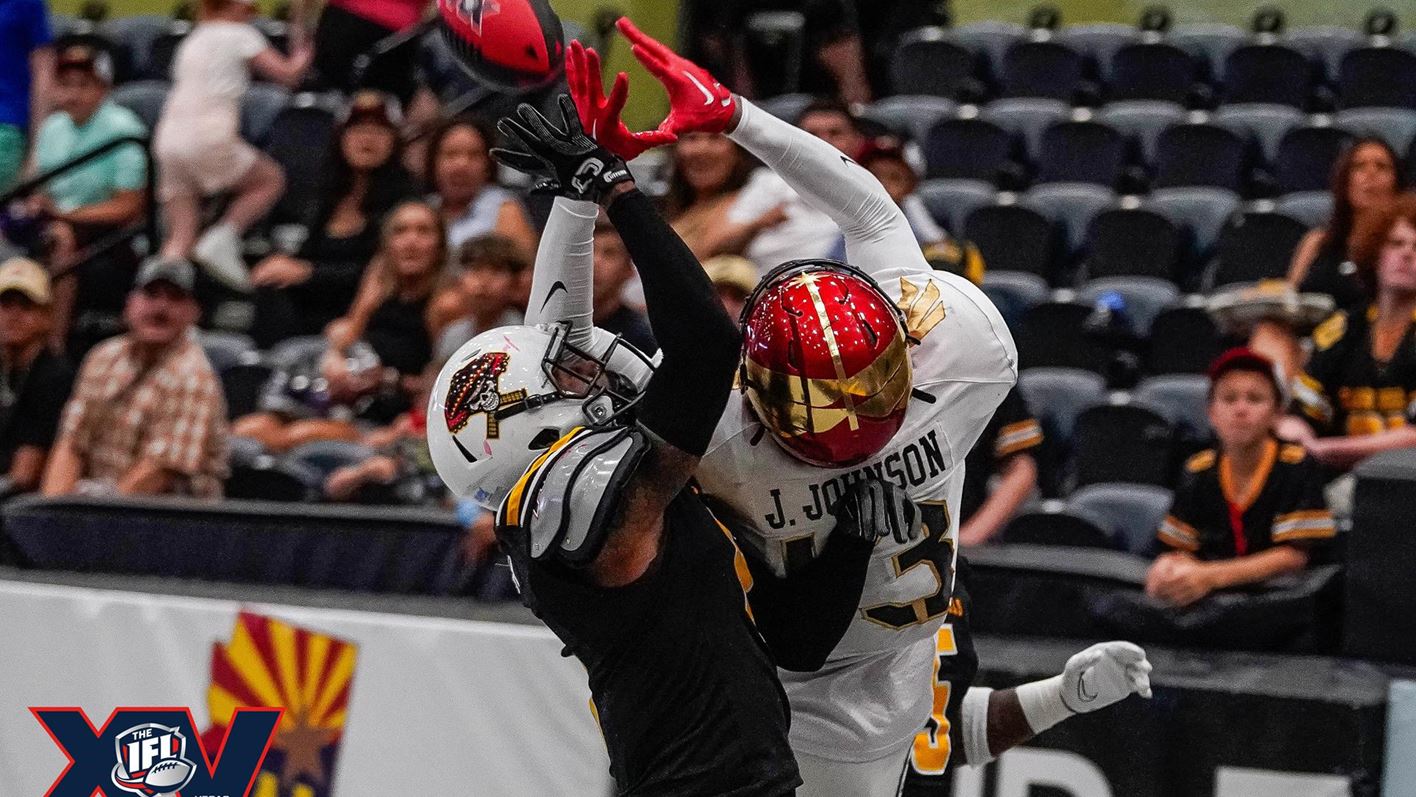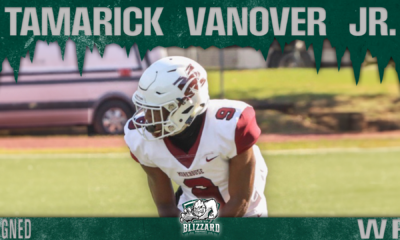
The Indoor Football League (IFL) has been serving as a launching pad for many football players since 2009. Although it’s known for its action-packed games and passionate fans, many are curious about the financial aspects of the league. Questions such as “How much does an IFL player make?” or “What’s the earning potential for an IFL quarterback?” often arise. Let’s explore these inquiries to better understand the economic dynamics within the IFL.
How much does an IFL player make?
Contrary to the multi-million dollar salaries seen in the National Football League (NFL), the Indoor Football League operates on a different pay scale. While the paychecks might not match those of their NFL counterparts, IFL players are offered a unique opportunity to showcase their skills, build their resumes, and potentially attract the attention of larger football organizations.
The majority of IFL players earned a fixed amount per game, typically around $200-$250, with the league minimum set at $75 per game. Additionally, players often receive a bonus for each game won, typically about $50. However, exact earnings can vary based on a player’s experience, skills, and team budgets.
It’s important to note that while these figures might seem modest compared to other sports salaries, players are often provided housing during the season. Plus, the IFL season is shorter than many other professional sports, spanning approximately four months from March to July.
How much does an IFL quarterback make?
The quarterback position, given its high-profile nature and strategic importance in the game, tends to attract a higher paycheck in the IFL. Just like in the NFL, IFL quarterbacks are often the team’s highest-paid players due to the pivotal role they play in the game’s outcome.
While the average IFL player’s earnings are typically around $200-$250 per game, quarterbacks can earn more, especially those with a proven track record or significant potential. Some estimates suggest that top quarterbacks in the IFL could make upwards of $500 per game.
Bear in mind, these figures are approximate, and contracts vary by team and individual player circumstances. Additionally, the compensation often includes housing, meals, and other benefits during the season, which add to the overall earnings of the players.
The Indoor Football League provides a fantastic platform for athletes to display their prowess in the sport while earning a respectable income. Although it may not promise the multi-million dollar contracts seen in larger leagues like the NFL, it offers players the chance to make a living doing what they love while potentially opening doors to more lucrative opportunities down the line.
Earning power in the Indoor Football League (IFL) can vary significantly, just as choosing the best foreign casinos requires careful consideration of factors like bonuses, payment methods, and game selection to ensure players get the most value from their gaming experience.
Unleash the Action: Sign up for XFL Insider and Fuel Your Passion for Football!
Mark Perry, a devoted sports journalist and founder of XFL News Hub, has been a key figure in XFL coverage since its 2018 revival. Launching XFL News Hub soon after the league's return announcement, Mark has established the platform as a primary source for comprehensive XFL updates. Renowned for his in-depth knowledge and commitment to sports journalism, Mark actively engages the XFL community, welcoming interactions at [email protected].

USFL and XFL Merger: A Deep Dive into the Historic Collaboration
Latest Podcast
-


XFL Podcast
/ 1 year agoXFL-USFL Merger Insights: Houston’s Future, Draft News, Player Movement – Ep. 216
Welcome to Episode 216 of the “XFL Week In Review,” your premier destination for...
By Mark Perry







